5 Views· 17 August 2023
History Buffs: Braveheart
Well, you have all been asking for Braveheart and for this Christmas that's exactly what you're gonna get! Although this review may not look too kindly on what is regarded as one of the most historically inaccurate movies of all time.
SUPPORT HISTORY BUFFS ON PATREON
https://www.patreon.com/HistoryBuffs
HISTORY BUFFS MERCH!
http://history-buffs-shop.fourthwall.com/
● Follow us on Facebook: https://www.facebook.com/HistoryBuffsLondon
● Follow us on Twitter: https://twitter.com/HistoryBuffs_
Braveheart is a 1995 historical drama epic film directed by and starring Mel Gibson. Gibson portrays William Wallace, a 13th-century Scottish warrior who led the Scots in the First War of Scottish Independence against King Edward I of England. The story is based on Blind Harry's epic poem The Actes and Deidis of the Illustre and Vallyeant Campioun Schir William Wallace and was adapted for the screen by Randall Wallace.
The film was nominated for ten Academy Awards at the 68th Academy Awards and won five: Best Picture, Best Makeup, Best Cinematography, Best Sound Editing, and Best Director.
Randall Wallace, who wrote the screenplay, has acknowledged Blind Harry's 15th century epic poem The Acts and Deeds of Sir William Wallace, Knight of Elderslie as a major inspiration for the film.[26] In defending his script, Randall Wallace has said, "Is Blind Harry true? I don't know. I know that it spoke to my heart and that's what matters to me, that it spoke to my heart."[26] Blind Harry's poem is now not regarded as historically accurate, and although some incidents in the film which are not historically accurate are taken from Blind Harry (e.g. the hanging of Scottish nobles at the start), [27] there are large parts which are based neither on history nor Blind Harry (e.g. Wallace's affair with Princess Isabelle).
Elizabeth Ewan describes Braveheart as a film which "almost totally sacrifices historical accuracy for epic adventure".[28] The "brave heart" refers in Scottish history to that of Robert the Bruce, and an attribution by William Edmondstoune Aytoun, in his poem Heart of Bruce, to Sir James the Good Douglas: "Pass thee first, thou dauntless heart, As thou wert wont of yore!", prior to Douglas' demise at the Battle of Teba in Andalusia.[29] It has been described as one of the most historically inaccurate modern films.[30]
Sharon Krossa notes that the film contains numerous historical errors, beginning with the wearing of belted plaid by Wallace and his men. In that period "no Scots ... wore belted plaids (let alone kilts of any kind)." Moreover, when Highlanders finally did begin wearing the belted plaid, it was not "in the rather bizarre style depicted in the film". She compares the inaccuracy to "a film about Colonial America showing the colonial men wearing 20th century business suits, but with the jackets worn back-to-front instead of the right way around."[31] "The events aren't accurate, the dates aren't accurate, the characters aren't accurate, the names aren't accurate, the clothes aren't accurate—in short, just about nothing is accurate."[32] The belted plaid (feileadh mór léine) was not introduced until the 16th century.[33] Peter Traquair has referred to Wallace's "farcical representation as a wild and hairy highlander painted with woad (1,000 years too late) running amok in a tartan kilt (500 years too early)." [34]
In 2009, the film was second on a list of "most historically inaccurate movies" in The Times.[30] In the humorous non-fictional historiography An Utterly Impartial History of Britain (2007), author John O'Farrell notes that Braveheart could not have been more historically inaccurate, even if a "Plasticine dog" had been inserted in the film and the title changed to William Wallace and Gromit.


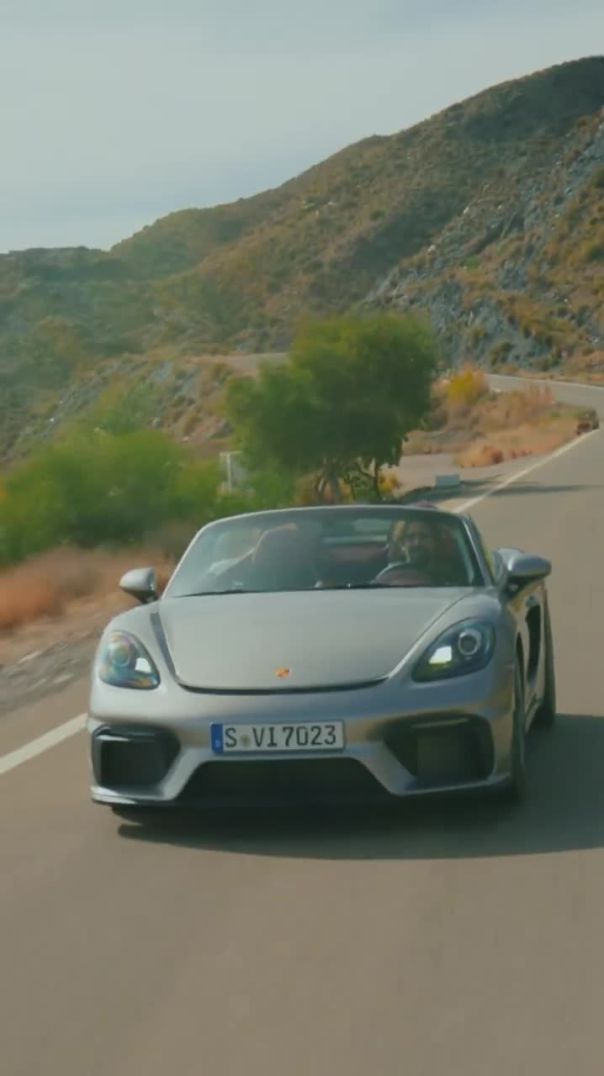
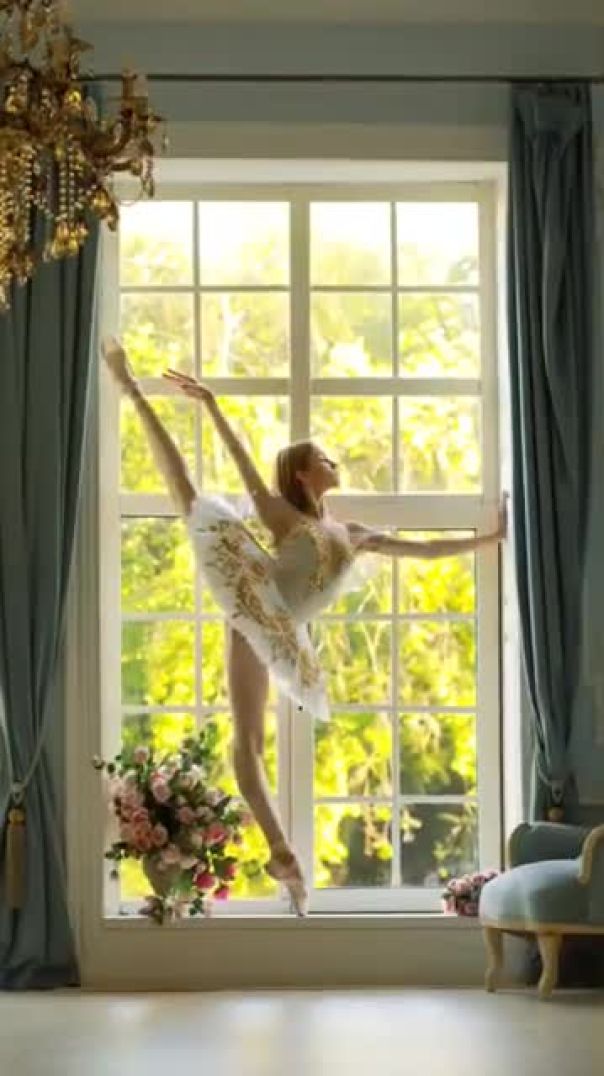
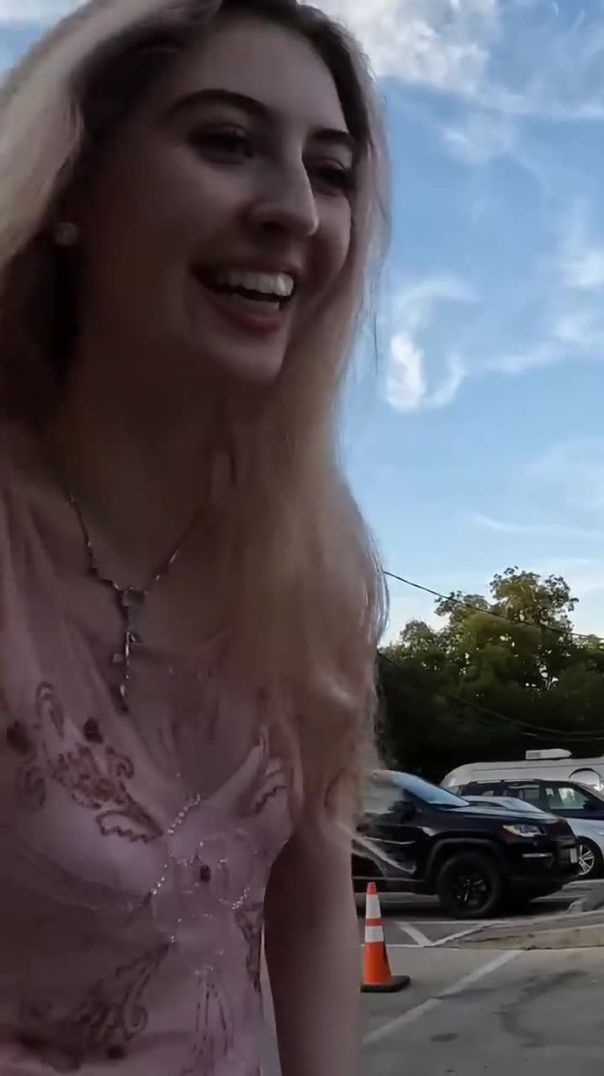
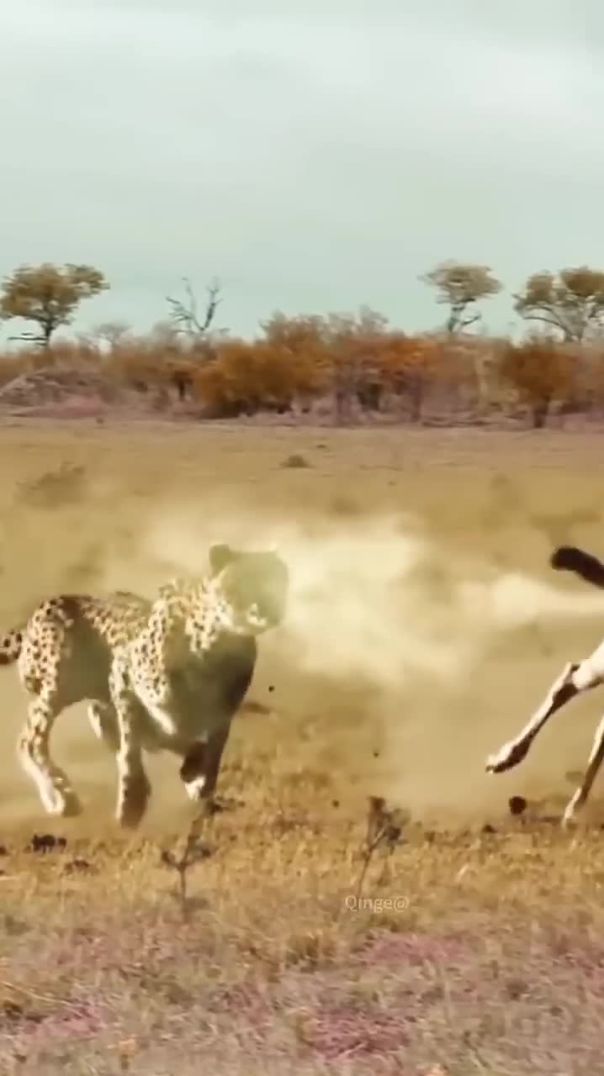
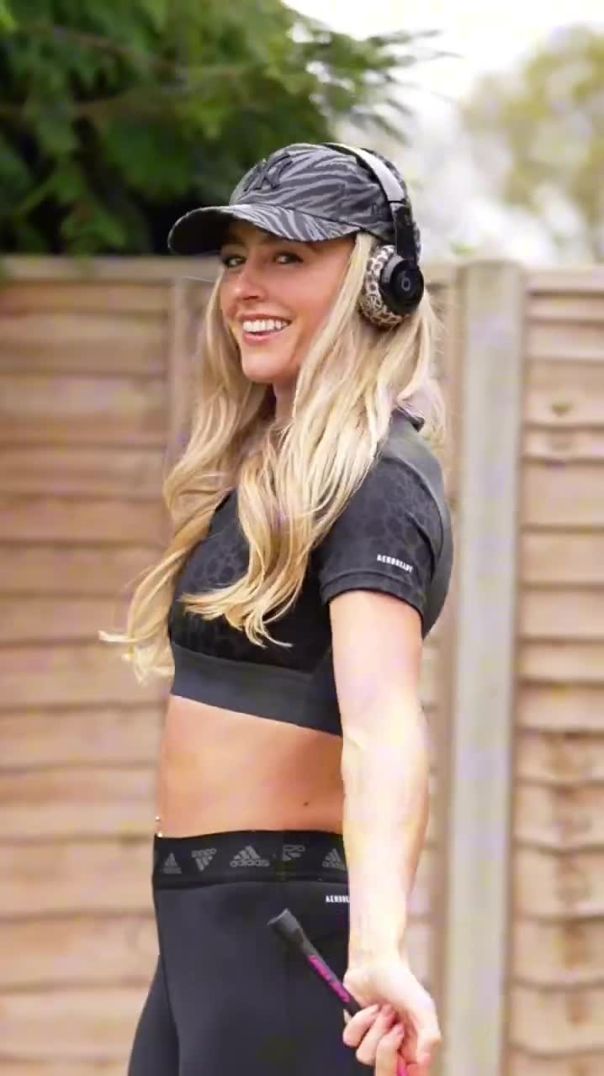











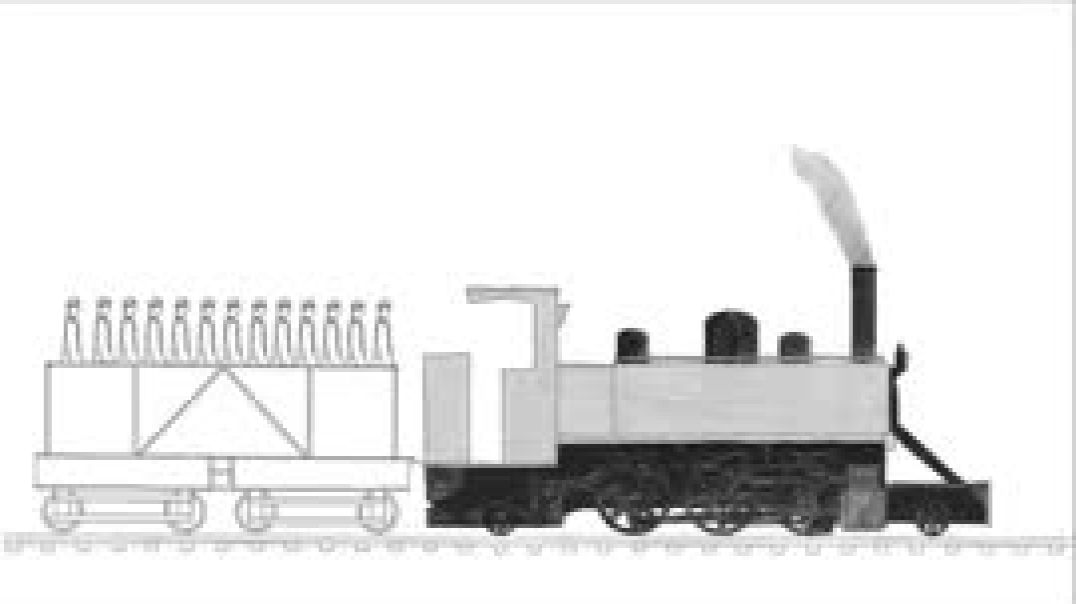








0 Comments